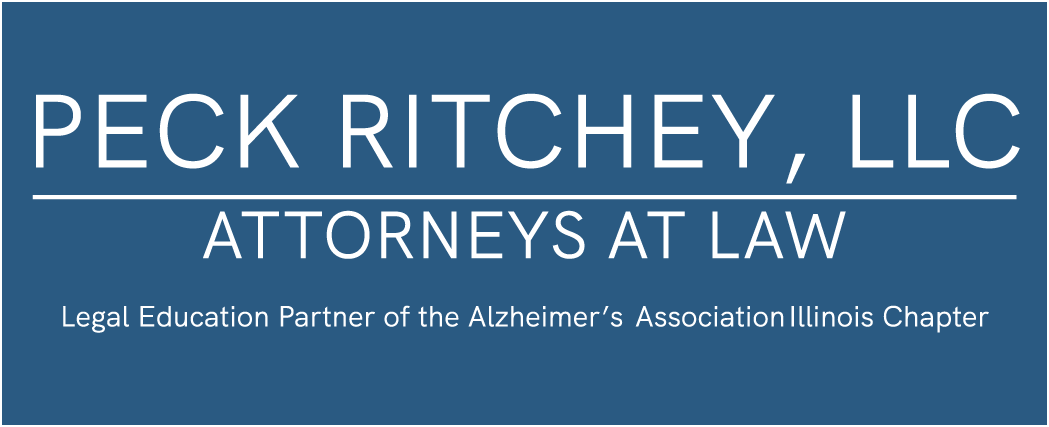 If someone owes money at the time of their death, the debt becomes the estate’s responsibility. The executor, the person in charge of managing and distributing the deceased’s assets, can use those assets to pay off debt. Just because someone dies doesn’t mean their debt disappears. Creditors could come after assets left behind to cover the money owed to them.
If someone owes money at the time of their death, the debt becomes the estate’s responsibility. The executor, the person in charge of managing and distributing the deceased’s assets, can use those assets to pay off debt. Just because someone dies doesn’t mean their debt disappears. Creditors could come after assets left behind to cover the money owed to them.
Creditors can include a range of parties, such as:
- Heirs
- Tax collectors
- Lenders
- Devisees
- Medical providers
- Burial and funeral services
- Accountants
- Credit card companies
- The plaintiff in a tort case against the estate
- Investment advisers
A creditor can pursue legal action against the decedent’s estate to pay the debt. As long as they file the lawsuit by the required deadline, the parties involved in the estate’s administration must participate in the legal proceedings. This prevents the executor of the estate from transferring assets to beneficiaries until the case is resolved.
Rights Afforded to Creditors During Estate Administration
Any creditor with interests in a deceased person’s estate has specific rights during the probate process. Probate involves a court reviewing and validating a person’s will. Creditors must pursue legal action within two years of the date the estate enters probate. Once the deadline passes, they can’t try to collect on the debt owed to them.
Right to Notification
The personal representative of the deceased’s estate must notify creditors about the death. If the personal representative doesn’t notify the creditors about the death, the court could grant creditors the right to file a claim even after the deadline has passed.
Right to File a Claim
 Upon notification of the deceased’s death, creditors can file a creditor’s claim against the estate. They must follow the deadline and file their case in probate court promptly. Waiting too long could prevent them from pursuing legal action against your loved one’s estate.
Upon notification of the deceased’s death, creditors can file a creditor’s claim against the estate. They must follow the deadline and file their case in probate court promptly. Waiting too long could prevent them from pursuing legal action against your loved one’s estate.
Sometimes, the decedent leaves behind unpaid debts. If that happens, a creditor could intercept a beneficiary’s inheritance to repay the money owed to them. That means that if you’re a named beneficiary and the decedent had debt, you might not receive all of the assets left to you in your loved one’s will.
Estoppel and Fraud Defense
The estoppel doctrine protects one party from an opposing party making untrue assertions or choosing not to keep their word. For example, the personal representative of an estate might promise to pay back a debt to a particular creditor without the need for the creditor to file a claim. In this example, imagine that the personal representative had no intention of paying them. The estoppel doctrine would not allow the personal representative to contest legal action by the creditor due to the creditor’s failure to file a claim with the court.
Debts Paid by the Estate
The personal representative must set aside funds to pay for:
- Federal and state taxes
- Administration expenses
These claims are a priority over lawsuits filed by other creditors. Setting up a separate account might be necessary to make these payments.
The personal representative must also pay other types of debt to creditors as soon as the funds are available. These debts include:
- Family allowances
- Funeral expenses
- Wage claims
- Bills associated with final injury or illness resulting in the death
Once the personal representative resolves these debts, other creditors, such as credit card companies and healthcare professionals, can make claims against the estate. Creditors have a right to go after non-probated assets if the estate runs out of money. They could collect payments from payable-on-death assets, trust fund distributions, or transfer-on-death assets.
Holding the Personal Representative Liable
Creditors have a right to hold the personal representative, administrator, or executor of an estate liable for debts the deceased had not yet paid under certain circumstances. For example, if there’s proof of the executor mismanaging the estate’s assets, creditors could pursue legal action.
Sometimes, the administrator or executor is a spouse. Many couples have jointly owned property, such as motor vehicles, real estate, and bank accounts. The spouse might be liable for the deceased’s debts if the estate funds can’t cover all debts owed.
Right to File a Lawsuit for a Rejected Claim
If the estate’s personal representative rejects a creditor’s claim, the creditor has the right to hire a lawyer and litigate their case. By filing a lawsuit, the creditor can pursue a judgment from the court to receive payment of the debt. This type of case is only valid if the creditor initiates their lawsuit in court within 90 days of the rejected claim.
Contact Us
Peck Ritchey, LLC has over 100 years of combined experience in estate administration and litigation. We proudly represent clients in Illinois and fight to protect their rights.
If you face legal action by a creditor and need assistance with your case, call our Chicago probate, trust and guardianship litigation attorneys at (312) 201-0900 right now for a free consultation. We’re available 24/7 to take your call.
